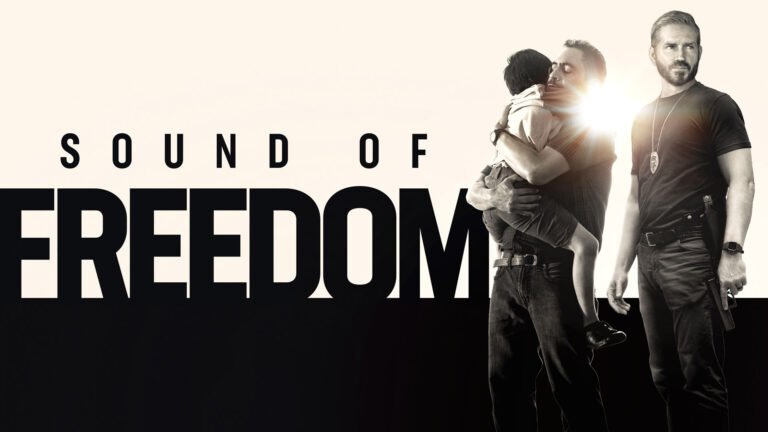The concept of freedom is deeply intertwined with the human experience, inspiring movements for social justice, equality, and liberation across the globe. In the struggle against oppression and tyranny, music has emerged as a potent force, uniting voices, uplifting spirits, and igniting the flames of revolution. From the spirituals of the Civil Rights Movement to the protest songs of the anti-apartheid struggle, the “sound of freedom” resonates as a beacon of hope and resilience in the face of adversity. This article delves into the profound impact of music in liberation movements, exploring its ability to galvanize communities, challenge authority, and amplify the voices of the marginalized.
The Role of Music in Liberation Movements
Throughout history, music has played a pivotal role in galvanizing resistance movements and inspiring social change. From the abolitionist hymns of the 19th century to the revolutionary anthems of the 20th century, music has served as a powerful tool for expressing dissent, solidarity, and defiance. In the context of liberation movements, music functions as both a form of cultural expression and a means of communication, transmitting messages of hope, empowerment, and solidarity across barriers of language and geography. Whether sung at rallies, marches, or clandestine gatherings, the “sound of freedom” resonates as a rallying cry for justice and liberation.
The Power of Protest Songs
At the heart of many liberation movements lies a rich tradition of protest songs, which serve as anthems of resistance and expressions of collective struggle. From the haunting refrains of “We Shall Overcome” during the Civil Rights Movement to the defiant chants of “Amandla Awethu” (Power to the People) in the anti-apartheid struggle, protest songs have provided a soundtrack for social movements, capturing the spirit of resistance and inspiring activists to persevere in the face of adversity. Rooted in the lived experiences of marginalized communities, these songs speak truth to power, giving voice to the voiceless and bearing witness to the injustices of the world.
Music as Cultural Resistance
In addition to its role in organized resistance movements, music also serves as a form of cultural resistance, preserving traditions, languages, and identities in the face of assimilation and erasure. From the rhythms of African drumming to the melodies of indigenous folk songs, music reflects the rich tapestry of human experience and serves as a repository of cultural heritage and resilience. In many colonial and postcolonial contexts, music has been used as a tool of cultural revival and empowerment, reclaiming narratives and asserting the right to self-determination. By celebrating cultural diversity and affirming the dignity of all peoples, music becomes a potent instrument of resistance against systems of oppression and hegemony.
The Global Language of Solidarity
One of the most remarkable aspects of music’s role in liberation movements is its ability to transcend boundaries and forge connections across diverse communities and cultures. In the struggle against injustice and inequality, music becomes a universal language of solidarity, uniting individuals from disparate backgrounds in a shared quest for freedom and dignity. Whether through collaborations between artists from different regions or the global dissemination of protest songs via social media and digital platforms, music has the power to create bridges of understanding and empathy in an increasingly interconnected world.
The Sound of Freedom Today
In the digital age, the “sound of freedom” continues to reverberate through cyberspace, as artists and activists harness the power of technology to amplify their voices and mobilize support for social change. From viral protest anthems to online campaigns for justice and accountability, music remains a vital tool for organizing, mobilizing, and inspiring collective action. As we confront pressing challenges such as systemic racism, environmental degradation, and economic inequality, the transformative potential of music in liberation movements remains as relevant and urgent as ever.
Conclusion
In conclusion, the “sound of freedom” embodies the transformative power of music in liberation movements, inspiring courage, solidarity, and resilience in the face of oppression and injustice. From the spirituals of the Civil Rights Movement to the protest songs of the Arab Spring, music has served as a beacon of hope and a catalyst for change throughout history. As we navigate the complexities of the modern world, let us continue to celebrate the profound impact of music in amplifying marginalized voices, fostering solidarity across borders, and advancing the cause of freedom and justice for all.
Read Also: Unveiling the Revolution: Cmovies – Redefining the Entertainment Landscape

